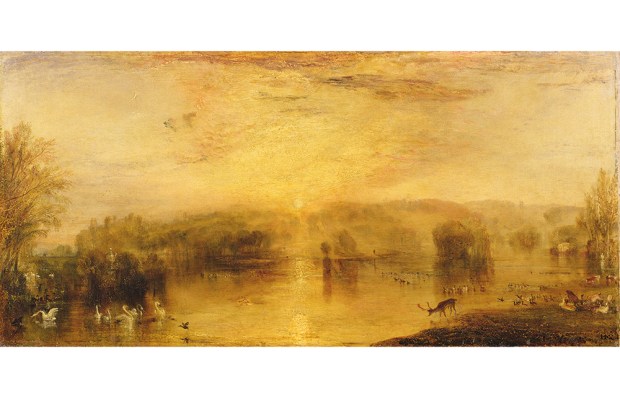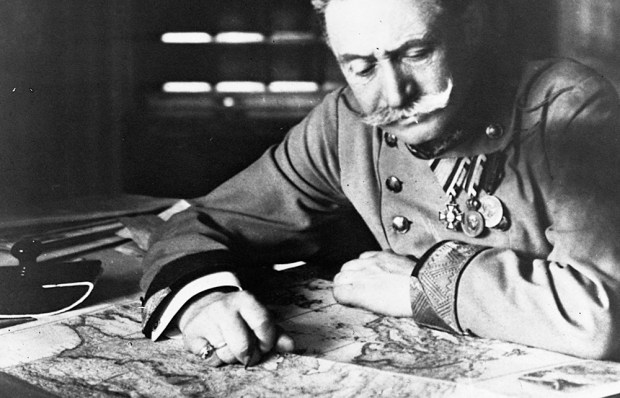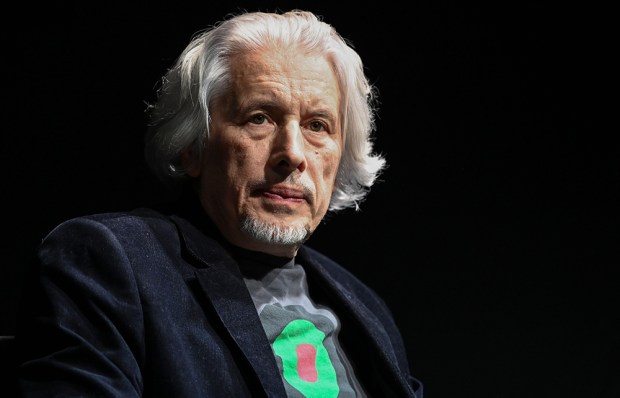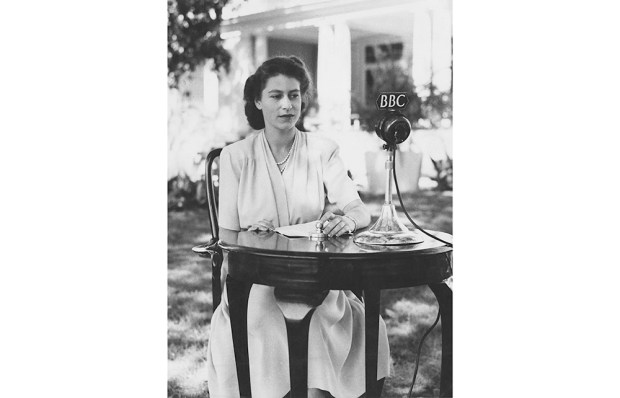From ancient times, empires have risen and fallen, driven by war, territorial acquisition, trade, plunder, religion, ideology, technology, culture and information. In this ambitious book, Samir Puri — formerly at the Foreign Office, now a lecturer on war and international studies — attempts to analyse how all this has affected the world today.
Over eight chapters, he recounts the histories of empires around the globe, omitting only South America and Oceania. He looks at how their very different narratives linger in modern geopolitics. If we are living, as he says, through a ‘great imperial hangover’ it must have been one almighty booze-up.
In the United States he considers the paradox of a nation that has invested heavily in a story of freeing itself from empire but has pursued imperial actions itself, from ‘manifest destiny’ to modern interventions supposedly spreading freedom and democracy. Closer to home, he discusses how ‘the absent-minded reappearance of assumptions about the wider world’ in Tony Blair’s administration led to the invasion of Iraq: ‘Britain appears to have retained only a sketchy and selective understanding of the modern implications of its old imperial roles, and little sense of their resulting legacies.’
In Europe as a whole he observes that the EEC was an explicitly post-imperial venture, after the shocks of the second world war and decolonisation:
In short, the EEC was not a replacement of the various European nation states but a route to revitalising them — as long as they were willing to pool some of their national sovereignty in Europe’s new cooperative ventures.
In Russia, he considers a new wave of technological disinformation against the backdrop of Soviet and imperial Russian history. And in China, he looks at how imperial history has been co-opted by an authoritarian regime which, while still nominally communist, claims emperors as part of its lineage. There is a fun bit when he describes the captions at the national museum of China in the Forbidden City, which for each dynasty claim ‘unification’, ‘ethnic integration’ and ‘centralisation, polite terms for the imperial values that the present administration sees in itself. There follow more whistle-stop tours of India, the Middle East and Africa, where multiple empires have come and gone.
Throughout his book, Puri alternates between contemporary geopolitical analysis and detailed histories of each of these parts of the world, and this can be enlightening. He makes a credible case for how, in the US and China, imperial legacies have left those powers with different values that would be hard to reconcile:
Such is the nature of western pride in its own cultural and historical accomplishments that there is little prospect of it ever really accepting a Chinese post-imperial vision of world order. Instead, the USA and Europe will have to accept changes — for example, in losing their monopolisation of the term ‘international community’.
He’s probably right — but the thought will send shivers down a few western spines.
Of course if one sets out to look for imperial legacies, one will start seeing them everywhere. While there may be traces of imperial hangover in some of the phenomena Puri investigates — Brexit in Britain, the rise of Narendra Modi in India — it is not the main cause of them, and arguably not even a significant one. This may be the danger of trying, through the lens of a hangover, to reconstruct the events of the night before. Perspective can be muddled.
Moreover, Puri has set himself a daunting task — of producing analytical ‘night before’ histories of the world’s major powers, some going back to the third millennium BC. No one can be an expert in all this, and the cracks show. In his chapter on the Middle East there are many references to the ‘Sykes-Picout’ agreement (it’s Sykes-Picot), ‘General’ Nasser (his highest rank was colonel) and the Muslim Brotherhood being founded in the 1960s (instead of 1928). These errors are the sort an editor should have picked up; but when repeated throughout the text they suggest the author is not too familiar with the sources. Some may think that a price worth paying for a book which takes such a broad overview, but others will question the robustness of historical narratives built on these foundations.
Puri dismisses the idea that the West is done for. He sees the future as
an era of interplay between many post-imperial visions, evident in everything from geopolitics, to commerce and inter-cultural exchanges. Rather than the future being Asia, it will feature more two-way streets of reciprocal influence between different nationalities.
From where we now stand it is hard to tell if the age of empires is over or merely moving into a new phase. Our heads are still spinning.
Got something to add? Join the discussion and comment below.
Get 10 issues for just $10
Subscribe to The Spectator Australia today for the next 10 magazine issues, plus full online access, for just $10.
You might disagree with half of it, but you’ll enjoy reading all of it. Try your first month for free, then just $2 a week for the remainder of your first year.














Comments
Don't miss out
Join the conversation with other Spectator Australia readers. Subscribe to leave a comment.
SUBSCRIBEAlready a subscriber? Log in